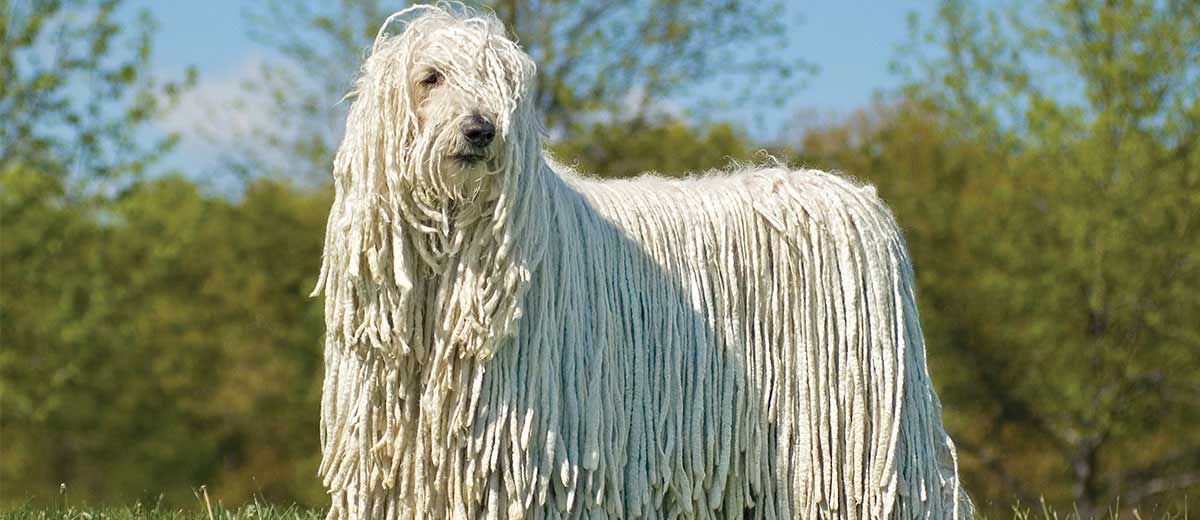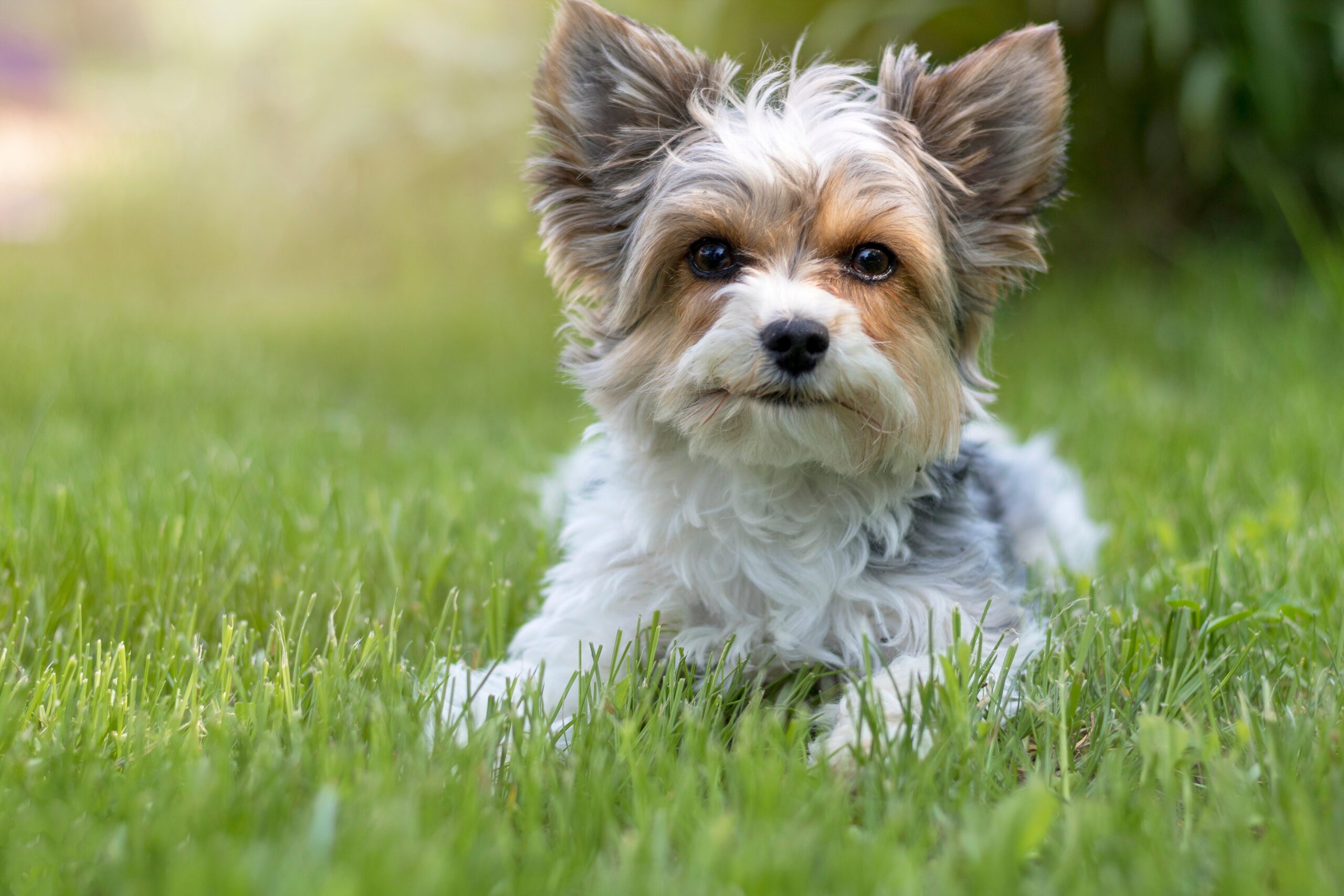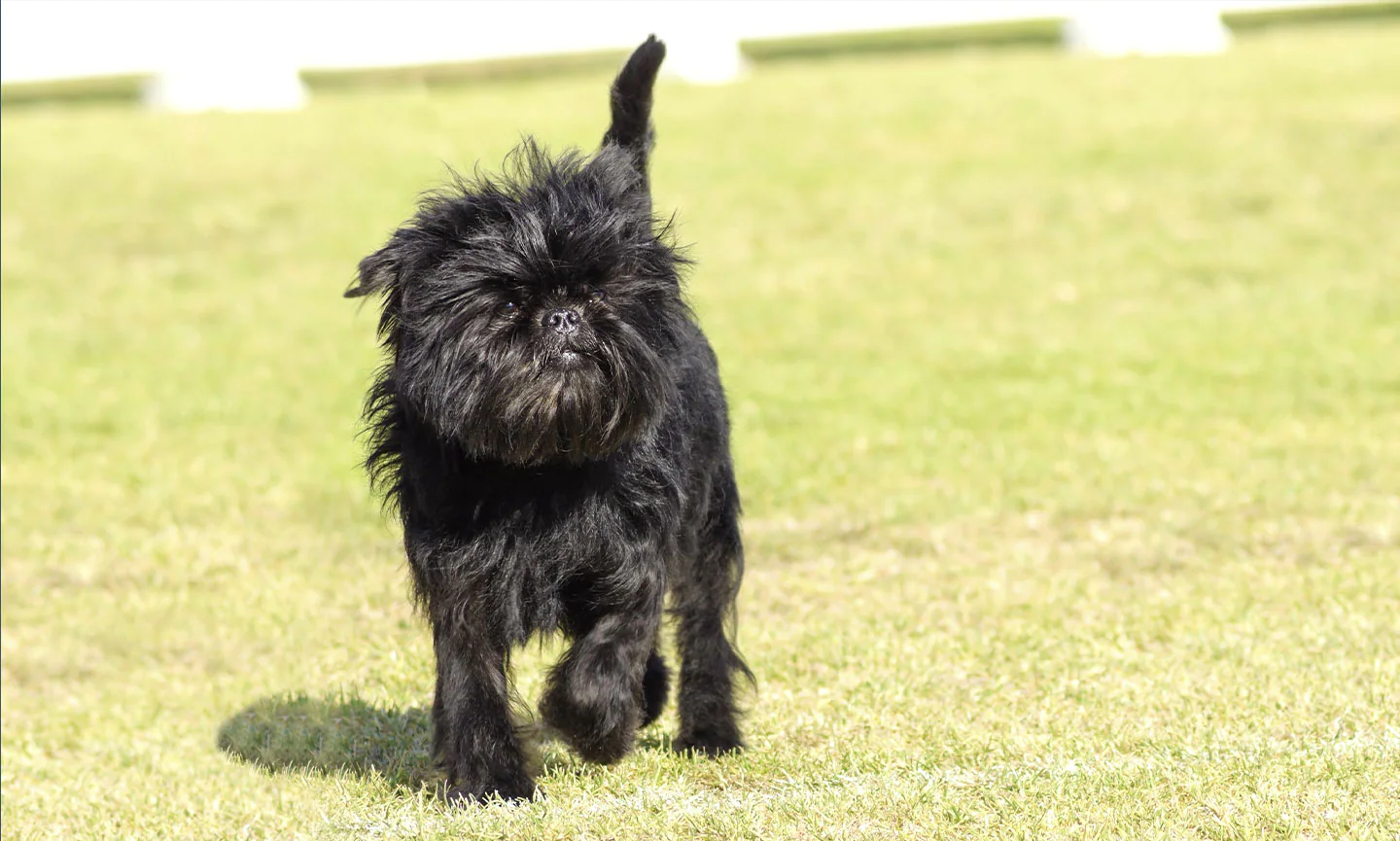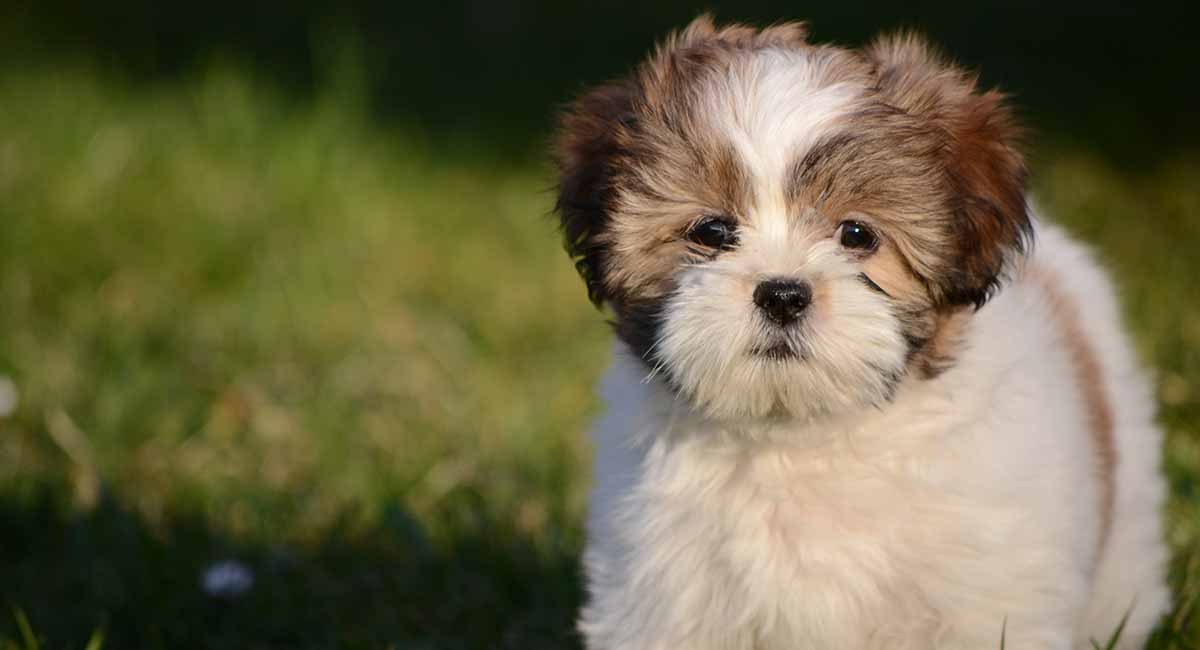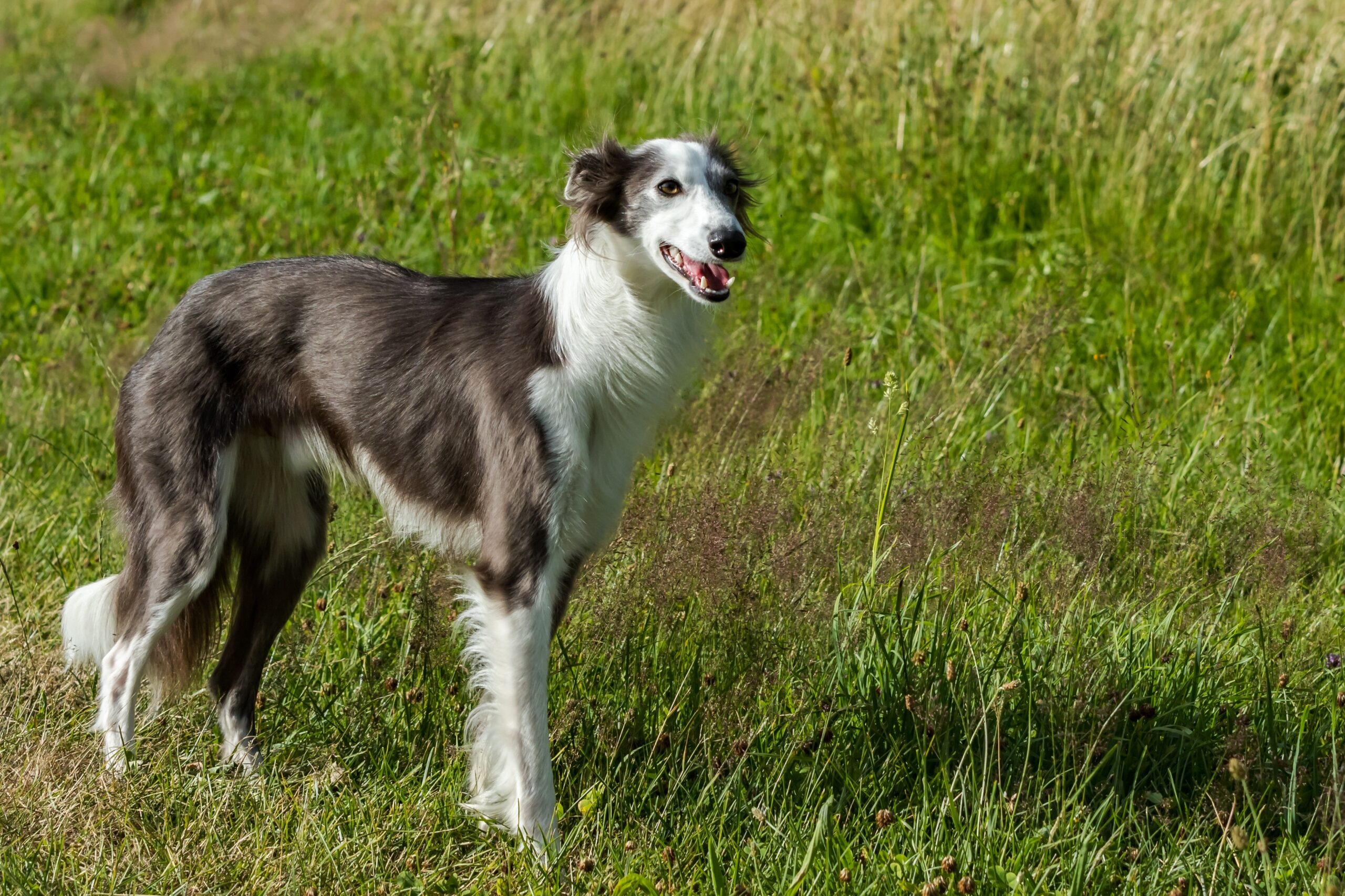Introduction
The Komondor is a large, powerful dog breed that originated in Hungary. Known for their distinctive corded coat, which resembles dreadlocks, these dogs were traditionally used to guard livestock and property. Komondors are loyal and protective of their families, but can also be independent and strong-willed. They require consistent and firm training, as well as plenty of exercise and socialization to become well-adjusted pets. While their unique coat may require extra care, the Komondor’s devoted and affectionate nature makes them a rewarding addition to the right home.
Komondor Temperament
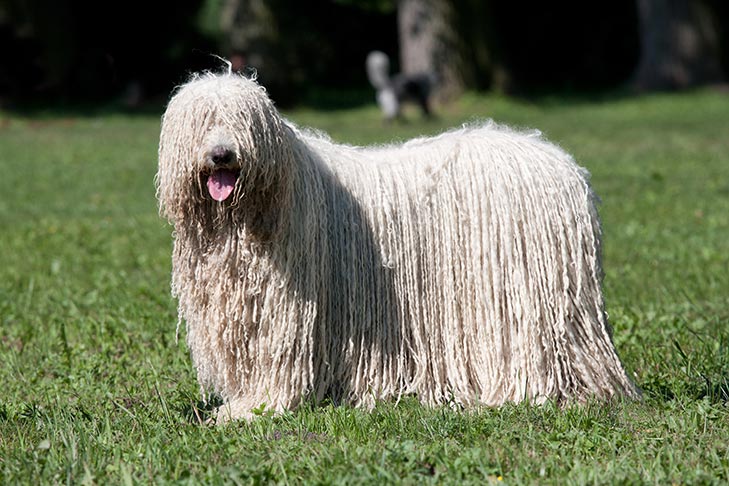
The Komondor breed is known for its distinctive corded coat and its strong protective instincts. They are independent, confident, and highly intelligent dogs with a natural instinct to guard their families and territories. Komondors are also very loyal and devoted to their owners, but can be aloof with strangers. They require early socialization and consistent training to ensure they become well-adjusted and well-behaved members of the family. Overall, Komondors are powerful, courageous, and fiercely loyal dogs that require a firm and experienced owner who can provide them with the necessary training and socialization.
Aggression
Komondors are a breed that is known for their protective and territorial nature. While this can make them excellent guard dogs, it can also lead to aggressive behavior if not properly trained and socialized. This breed can be wary of strangers and other animals, and may become defensive if they feel their territory or family is threatened. It’s important for owners of Komondors to establish themselves as the pack leader and provide consistent training and socialization from a young age. Early exposure to different people, animals, and environments can help prevent aggressive behavior in Komondors.
Health and Lifespan
The reported lifespan range of the Komondor breed is typically between 10 to 12 years. However, as with any breed, individual dogs may have a shorter or longer lifespan depending on various factors such as genetics, diet, exercise, and overall health. It is important to provide your Komondor with regular veterinary care, a balanced diet, and plenty of exercise to help ensure they live a long and healthy life.
Food for Komondor
As a large and active breed, the Komondor requires a diet that is high in protein and nutrients to maintain their health and energy levels. Look for high-quality dog food brands that feature real meat as the main ingredient, and avoid foods that contain fillers, by-products, and artificial preservatives. Some owners also choose to feed their Komondors a raw or homemade diet, but it’s important to work with a veterinarian or canine nutritionist to ensure the diet is balanced and meets the dog’s nutritional needs.
Training for Komondor
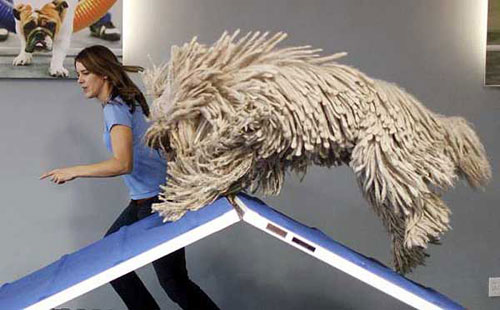
Training a Komondor requires patience, consistency, and firmness. It is important to start training early, as these dogs can be independent and stubborn if not properly socialized and trained. Positive reinforcement techniques, such as using treats and praise, can be effective in training a Komondor. However, it is also important to establish yourself as the pack leader and to be consistent with rules and boundaries.
Komondors are natural guard dogs and can be protective of their families and territories. Therefore, it is important to socialize them with people and other animals from an early age to prevent them from becoming overly protective or aggressive.
Conclusion
In conclusion, the Komondor is a unique and impressive breed that requires a dedicated owner with experience in training and socializing large, protective dogs. While their corded coat may require extra care, their loyal and affectionate nature makes them a rewarding companion for the right home. When properly trained and provided with a nutritious diet and plenty of exercise, the Komondor can thrive as a beloved member of the family. If you’re considering adding a Komondor to your household, be sure to research the breed thoroughly and consult with a reputable breeder or rescue organization to ensure a successful match.
